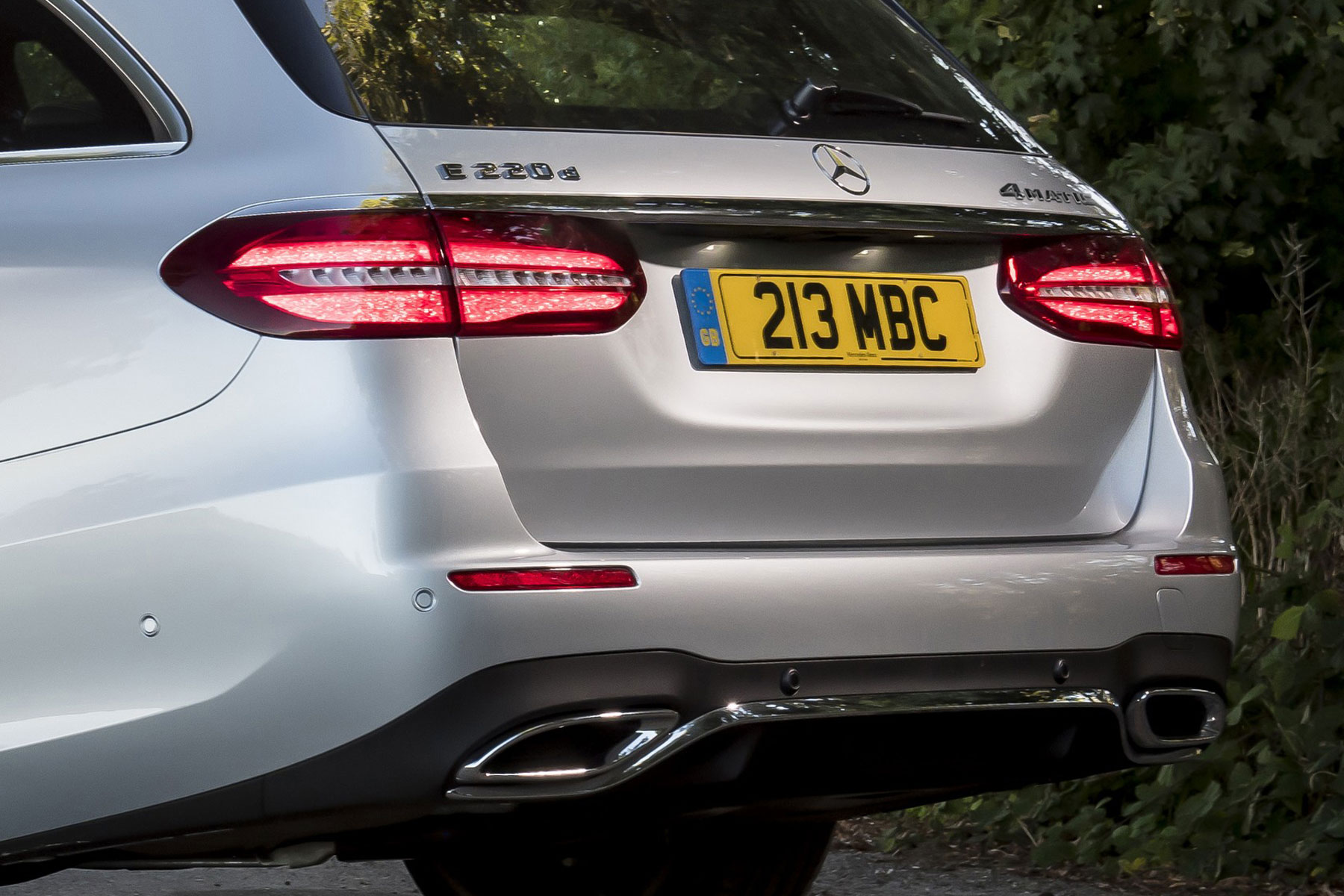
The Vienna University of Technology has awarded its Professor Ferdinand Porsche Prize 2017 to Mercedes-Benz for the low nitrogen oxide emissions and “exemplary efficiency” of its OM 654 four-cylinder diesel engine.
The powertrain, which has been developed under the leadership of Bernhard Heil, is designed to meet future emissions legislation (RDE – Real Driving Emissions). It uses technology such as a newly-developed stepped-bowl combustion process along with exhaust treatment tech configured directly on the engine.
More diesel car news on Motoring Research:
- Diesel cars still have fans: rental customers
- Economy drive: are these Britain’s best new diesel cars?
Judges praised the engine which already has a good reputation for its real-world performance. Engineers from German car magazine Auto, Motor und Sport reported that they “were surprised by the four-cylinder’s extraordinarily low nitrogen oxide emissions,” while road testers from ADAC said: “The exhaust gas treatment works extremely well, regardless of whether the vehicle’s on the test station or driving in real traffic.”
The all-aluminium 2.0-litre engine has made its debut in the E220d and is set to be introduced across the Mercedes-Benz range of cars and vans. As a modular unit, it can be fitted to front-, rear, and four-wheel-drive vehicles in longitudinal and transverse layouts.
With a €50,000 prize fund provided by Ferdinand Porsche’s daughter, Louise Piech, the highly-coveted award has been handed out since 1977. Mercedes-Benz engineers have been handed the prize before: for the development of ABS, the airbag, ESP and the first large-scale series production of Li-On battery technology in a hybrid vehicle.